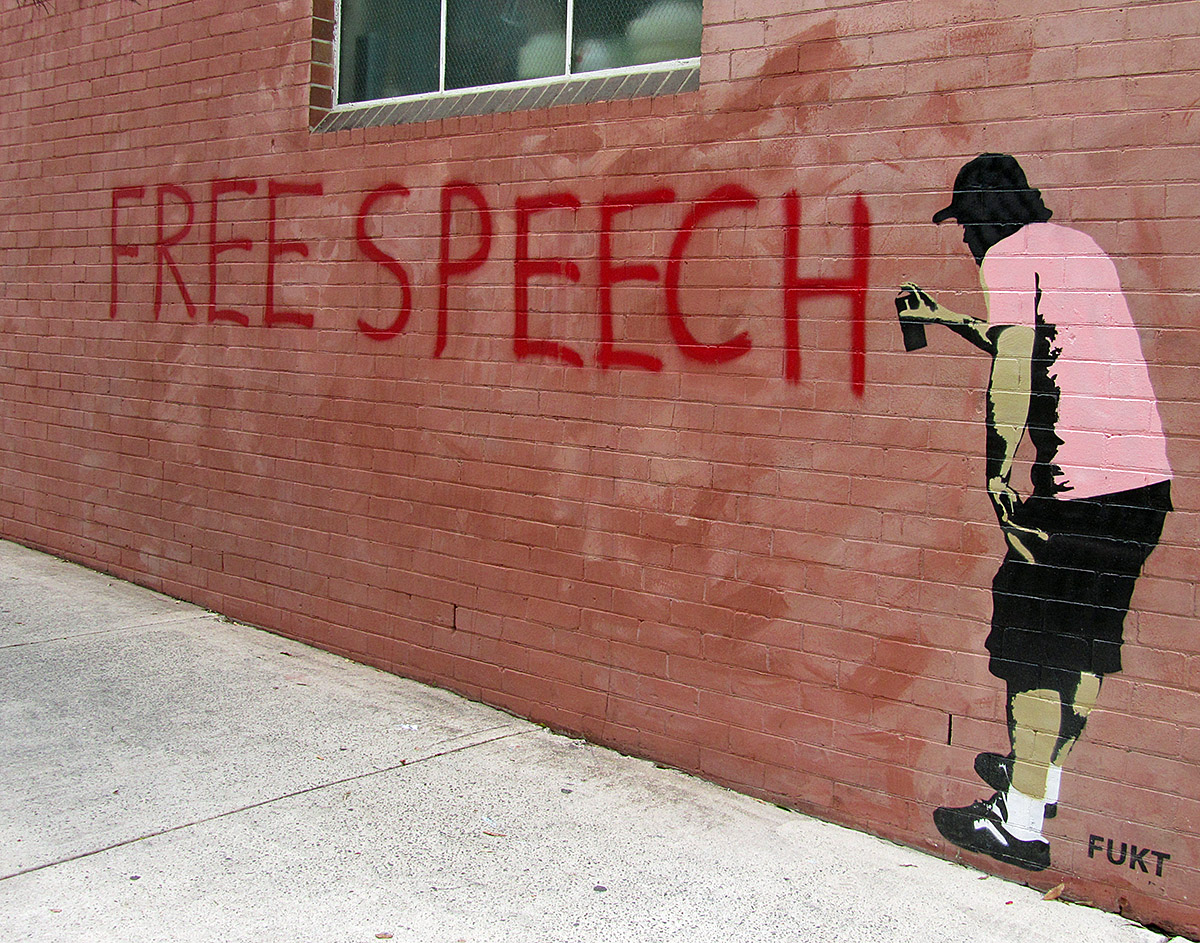When I was a kid I had this strange belief that if I kept jumping out of my window, my offspring’s would be able to fly. That was my idea of evolution. Unfortunately, I realized that it was not how evolution worked. Fortunately, I realized that it was not how evolution worked before I jumped.
Evolution works is strange ways. While the fittest may or may nor survive, it is the survivors whose genes dominates the future population of a species. I wonder if the psychology of human population also evolves the same way.
The psychology of losers fades away while that of the survivors dominates. As situations change, new survivors with their new ideas dominate the old ones and the psychology of the society evolves.
Winners write history, and it is the ideas of the winners that inspire the psychology of future generations.
The psychology of losers fades away while that of the survivors dominates. As situations change, new survivors with their new ideas dominate the old ones and the psychology of the society evolves.
Society itself is a strange concept. Our ancestors did not just walk upright; they also freed their hands. They could now take their future in their own hands. These modern apes did something unprecedented. They broke the rule of the jungle, the rule of ‘survival of the fittest’.
Human beings got together to build a society where even those who were not fit could survive.
But, there was a price. The society was built on ideas - ideas that were made-up, illusions, or maya – but necessary. These ideas created a sense of unity by setting up common rules. Rules curbed natural instincts. Rules tried to paint everyone in the same color, colors that created identities. India somehow managed to protect itself from the monochromatic evolution and brought fluidity within the rigid concept of identity.
While karma bound the society by rules, the ultimate liberation came by getting rid of the maya. That fluidity is the identity of India.
Old ideas had been questioned and they faded away as new ones took its place. Identities evolved from totems and tattoos to religion and skin color and now nationalism. The ideas changed because they were challenged. The change came through conflicts, violence and revolts. Unlike human civilization, the evolution of human psychology still follows the rule of the jungle. The fittest ideas flourish.
Just like society, the concept of ‘free-speech’ is changing the way psychologies evolve. Free speech tries to give space to all ideas, even the weak ones. Fit ideas are the popular ideas that have more voice, and not necessarily the better ones. Similarly, a weak idea sometimes has the potential to change the world for better. Globalization has given birth to a new idea – the idea of nations without borders and it is challenging the strong-rooted nationalism. The idea of nationalism is so strong that in many countries questioning it amounts to sedition.
Curbing free speech gives people in power free hand in exploitation. While logic strongly favors free speech, the threats from terrorism tilt the balance towards the other side. Where should one put the limit? When does a free speech become sedition? Is questioning the idea of nationalism sedition? Is threatening the country sedition? That is the debate that JNU incident had thrown open.
Before going into the debate let us first clear two things. As discussed earlier, ‘Nationalism’ is a creation of human mind, a maya. It is an idea that is not the absolute truth, but necessary at the present scenario. The idea of nationalism is going to evolve and something else is going to take its place in the future. Secondly, freedom of speech is the necessity of modern age. Without it, we would be dragged back to the medieval era. The debate isn’t about the existence of freedom of speech. Rather, it is about where to draw the tricky line. To understand the location of the line let us, for the time being, forget out prejudices - political or apolitical.
According to Indian sedition law as per IPC Section 124-A: Whoever, by words, either spoken or written, or by signs, or by visible representation, or otherwise, brings or attempts to bring into hatred or contempt, or excites or attempts to excite disaffection towards the Government established by law in India, shall be punished with imprisonment for life, to which fine may be added, or with imprisonment which may extend to three years, to which fine may be added, or with fine.
The validity of this law in today’s era can be debated in length. Free speech is slowly gaining voice and developed countries have begun listening to it. The idea of a nation without borders is also gaining ground. New Zealand repealed sedition law in 2007-08. Australia replaced their sedition law in 2011 with punishing just those who are ‘urging violence’. England has also abolished it. Sedition law is now questioned in the largest democracies of the world – India and US. From a humanitarian point of view, ‘freedom of speech’ becomes a danger only when it threatens to hurt someone physically. That is when it should become ‘sedition’. Considering that as our thin line, let us discuss the important questions that the issue has raised.
Q1: Is ‘Bharat ki barbadi’(destruction of India) sedition?
India is not the piece of land that we made our own. India means the people of India. ‘Bharat ki barbadi’ threatens its people of physical harm and is thus sedition. We cannot deny the fact that home-grown terrorist organisations exists in India. They have carried numerous terror attacks that took many lives. No country would allow promotion of terrorism, and neither should India.
‘Freedom of speech’ should not be the veil terrorists use to protect themselves.
Q2: Is asking for Kashmir’s freedom sedition?
Just like India, Kashmir means the people of Kashmir. It is their choice where they want to be. It does not matter what India, Pakistan, United States, the JNU professor, you or me have to say. Asking for Kashmir’s freedom is not sedition unless people are hurt to get that freedom. Indian freedom fighters were booked of sedition for wanting freedom, but they are our heroes. Many people of East Pakistan were booked for sedition because they wanted freedom, now they are heroes of Bangladesh. The Tibetians who are given place to stay in India also wants freedom from China.
Debating about freedom is freedom of speech, not sedition.Kashmir is the paradise on earth and India’s symbol of secularism. I would hate to loose it. But I have no right to stop someone else from debating it, much less jail him. That would only breed more disgruntled people who would want to separate.
Q3: Is saying ‘Jitne Afzal maroge, har ghar se Afzal niklenge’ sedition?
That’s a tricky one. Supreme Court has given a verdict according to which Afzal was responsible for the parliament attacks where people have lost their lives.
If they are talking of breeding more Afzals who are going to kill more people, then that is definitely a threat that India cannot ignore. That is sedition.However, questioning Supreme Court’s decision that Afzal might not be guilty, is not sedition. And if Afzal was involved in the attack, one can also discuss if this crime was such that it required a death penalty. Capital punishment in itself is a subject that is being debated all across the globe.
Debating capital punishment is not sedition.
Q4: Strange line of thought: Our army is dying in the borders to save us and we are talking about freedom of speech!
No matter how much we debate and talk about nationalism and anti-nationalism, it is the soldiers who fight and give up their life to make sure that we can debate. Respect them for that. Soldiers do not care about their life, but perform their duties faithfully. Respect them for that. Hundreds of soldiers laid their life during Kargil war to protect us. Respect them for that.
Soldiers are doing their duties for the people who recruited them, and doing it very well. During World War II Subhas’s INA and Indian army fought against each other and gave their lives. Both armies gave their life to perform their own duties. It did not matter which side they fought for. In a battle, soldiers from both side dies. Respect them.
And if you respect them, it is time to perform your duty. As an ordinary citizen you do not have the power to fight wars, but you do have the power to stop one. Do your duty to save the lives of millions of soldiers who die because of political malice.
Erase the boundaries created by nationalism, religion, race, caste, or whatever that create the sense of separate identity - the root cause of war. If not...at least don't drag our army into politics.
There is only one thing that is more dangerous than politics, insecure politicians. They can go down to any level to grab, or hold on to, power. Let us not get too involved into that.
Get rid of the political glasses through you see just red, blue, green or saffron. Let’s look at things for what that are, lets look at the entire spectrum.Indian society had never been monochromatic. Let us not make it into one. That would be tragically boring. Let’s give all ideas a space. Let the better ones evolve. When you hold on to one idea and stop evolving, then you know that the end has come. Change is the only constant.
You only stop evolving when you are extinct.
































